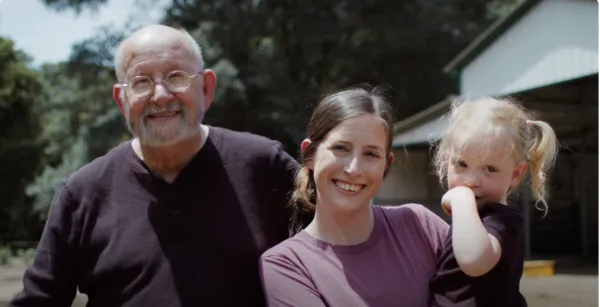Please have your Priority Health insurance card ready. Only PriorityMedicare Thrive Plus or PriorityMedicare Thrive plans are eligible. Enter your name, Group ID, and ID Number exactly as they are displayed on your insurance card.
The copay for the Galleri test is $150 for PriorityMedicare Thrive and $75 for PriorityMedicare Thrive Plus members. Copay will be collected by GRAIL after you receive your test results.
On the next screen enter your insurance information for payment and click "Continue". By pressing the button below, you will be exiting Galleri.com for a secure patient portal.
PriorityMedicare Thrive Plus ID Card
PriorityMedicare Thrive ID Card




















